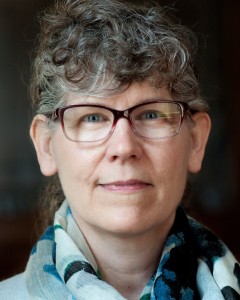Replicating success
- likoau
- Oct 5, 2015
- 2 min read
Soon the Great Schools for All coalition will propose legislation to enable school districts in Monroe County to collaborate across district lines. What forms might these collaborations take? Of course, we will be seeking projects that promote learning in socio-economically integrated classrooms. But which classroom? Which buildings? Which students? From which districts?
Beth Laidlaw teaches philosophy at Monroe Community College and is a member of the GS4A leadership team.
Here is something to consider: Join the call for a change in the state’s charter school legislation to permit (if not require) charters to have socio-economically diverse student bodies, with students drawn from several school districts. Presently, charters must give preference to students from the district in which they are chartered, which generally means that city-based charter schools are high-poverty schools with all the usual problems.
Such an amendment might also require that failing charters be replaced with schools far more likely to help students succeed.
We already have an example. The Genesee Community Charter School (GCCS) is a stand out on the local charter landscape with its students consistently performing as well as students in many suburban districts. Contrast this with the performance of students at the Urban Choice Charter School where less than ten percent of third graders met or exceeded state learning outcomes on Math and ELA tests. While I am not a fan of standardized tests and especially not a fan of using test scores to justify closing schools, a compelling case can be made here. Because the charter system was established as an alternative to failing schools, I believe we should have a very low tolerance for failing charters.
GCCS’s history of solid performance and unique curriculum will attract suburban families. Twenty six percent of GCCS’s students qualify for free or reduced-priced lunch (FRPL) which accords with the established claim that in schools with a cap on FRPL students, all students thrive and students living in poverty have a markedly higher performance. The school’s curriculum is based on the model of expeditionary learning which focuses on active, inquiry-based pedagogy; and a school culture that teaches compassion and good citizenship. At GCCS, Students learn hands on about local and global history with all grades studying the same period at the same time. A change in the charter law would make it much easier to replicate success stories like GCCS.
Where would you suggest we begin to build inter-district relationships? We welcome your innovative ideas about cross-district pollination. And we encourage you to ask your legislator to support legislation to would bring down barriers to collaboration.








Comments